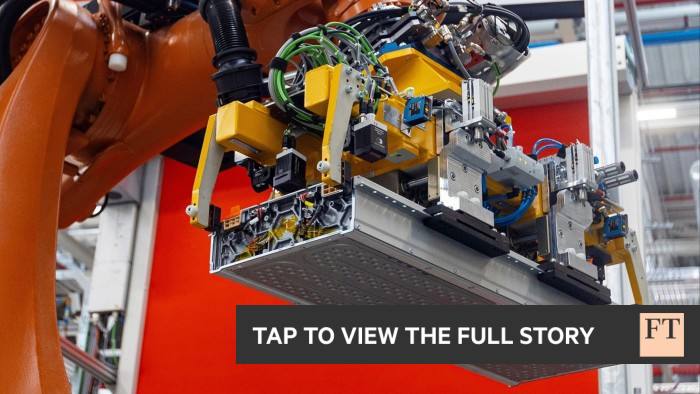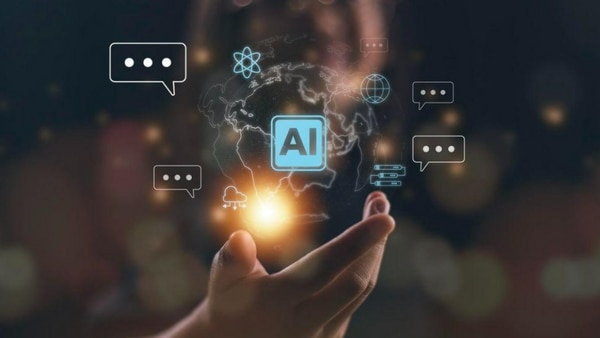Artificial intelligence (AI) holds the potential to significantly reduce the time needed for developing new battery materials, thus accelerating innovation in combating climate change, as indicated by executives in the battery sector.
As per Mathias Miedreich, the CEO of Belgium’s Umicore, in partnership with Microsoft, AI is set to make a profound impact on discovering and bringing to market novel battery materials. Miedreich envisions halving the time to market for new products, with ongoing projects dedicated to validating this ambitious objective.
Umicore has been a pivotal supplier of materials for car batteries to esteemed companies like Volkswagen, BMW, and Stellantis, incorporating brands such as Chrysler, Fiat, and Peugeot over the past few years.
Miedreich foresees AI playing a crucial role in reducing the research phase for developing new battery materials from the current five to six years to just two years. The collaboration has empowered the company to secure patents facilitated by AI, with a specific focus on advancing solid-state materials and disorder rock salts to potentially enhance the driving range of electric vehicles and introduce new battery applications.
Experts in the industry are optimistic about AI transforming the discovery of innovative materials, drawing parallels to the revolution witnessed in the pharmaceutical sector, where AI has hastened the drug development process.
Siddharth Khullar, a former Apple AI researcher spearheading machine learning at Northvolt, the Swedish battery manufacturer, drew an analogy to exploring the correct ingredients in a recipe, highlighting AI’s potential to expand material exploration horizons.
Recent progress by Microsoft in collaboration with the Pacific Northwest National Laboratory demonstrated AI algorithms’ capability to condense the selection process from 32 million materials to 18 promising candidates for battery applications within just 80 hours.
Venkat Srinivasan, director of the Argonne Collaborative Center for Energy Storage Science, expressed positivity about AI’s impact on battery materials, attributing it to the synergy between AI advancements and the automation of experiments using robots, which facilitates gathering extensive experimental data.
While recognizing potential computing power constraints in achieving all breakthroughs, Miedreich stressed the significance of real-world testing for newly identified materials to ensure their performance and safety in battery production. Despite challenges, advancements in AI offer an opportunity for the U.S. to harness technology and narrow the gap with dominant Asian competitors in the global battery industry.






